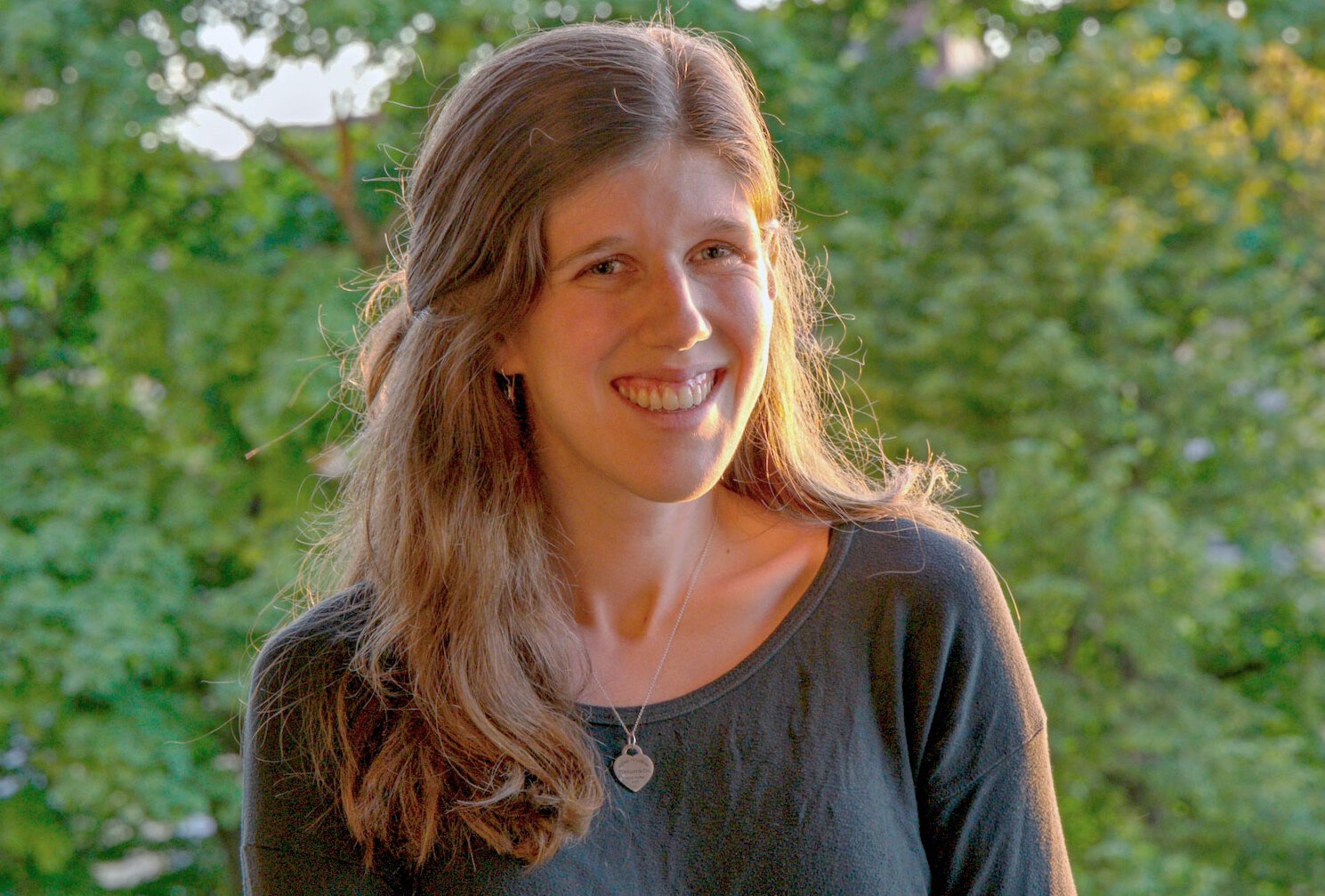New thesis on frailty and how it affects healthcare utilization among older adults

Hi there Clare Tazzeo! You will defend your thesis entitled "Investigating the interplay between frailty and healthcare utilization in older adults" on 26 May 2025. Could you tell us a little more?
My thesis investigates the relationship between frailty and healthcare utilization in older adults. The main aims were to better understand if there has been an expansion of time spent frail over time, and to investigate whether healthcare utilization and the occurrence of acute clinical events differ by frailty status and trajectories.
What are the most important results?
We found that, over time, older adults have been living longer with frailty. Furthermore, the findings suggest a correlation between higher levels of frailty after the age of 60 and the occurrence of more acute clinical events, including myocardial infarctions, lower respiratory tract infections, and injurious falls.
The study revealed that individuals afflicted with frailty or prefrailty experience an elevated risk of avoidable hospitalizations following the age of 60. Furthermore, it was observed that those who exhibited prolonged frailty or rapid progression to frailty within the final fifteen years of their life experienced lower rates of inpatient and outpatient care in their last year of life. However, this did not translate into protection against avoidable hospitalizations in their final year prior to death. A higher incidence of avoidable hospitalizations after the age of 60 and at the end of life was observed among relatively younger adults, and women, with frailty. In contrast, a lower rate of such hospitalizations was observed among individuals receiving formal social care, and at the end of life, informal care.
Monitoring trends in frailty
The identification and continuous monitoring of trends in frailty can inform the allocation of resources and the timely prevention of adverse outcomes. Furthermore, the findings of this study indicate that both the progression of frailty and the occurrence of acute clinical events should be prevented and managed appropriately in order to delay further health deterioration and death.
In view of the findings pertaining to frailty and healthcare utilization, a more thorough investigation into the optimisation of care for individuals with frailty is warranted. Furthermore, it is imperative to closely monitor women and the oldest old living with frailty. Additionally, there is a need to explore the potential for formal social and informal care to reduce excessive healthcare utilization and enhance the care of those with frailty.
What are your future plans?
Right now, I am focused on preparing for my doctoral defence. Following the defence, I am happy to say that I will continue researching frailty, healthcare utilization, and other topics within the field of geriatric epidemiology at the Ageing and Health group, which is part of the Institute of Environmental Medicine at Karolinska Institutet.
